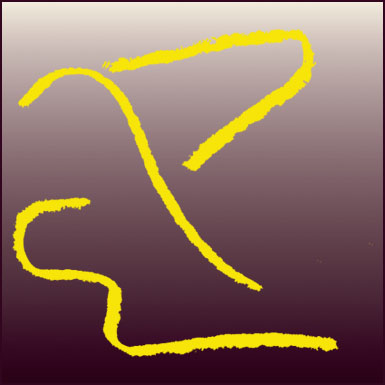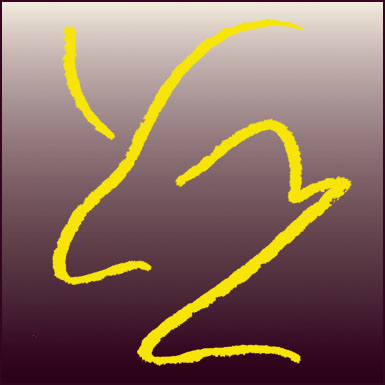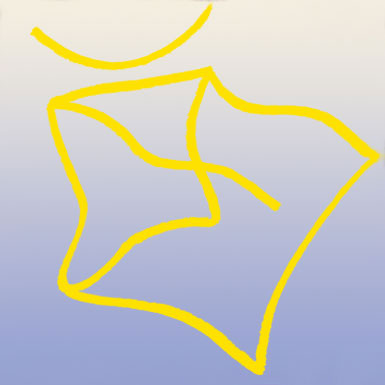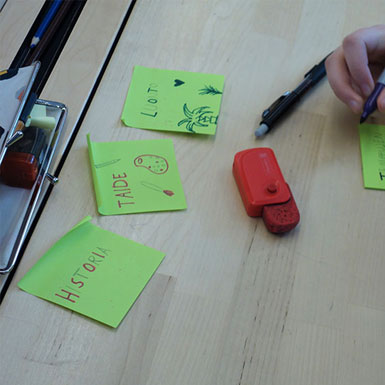Master/Visual Culture & Learning – Visual Arts Education
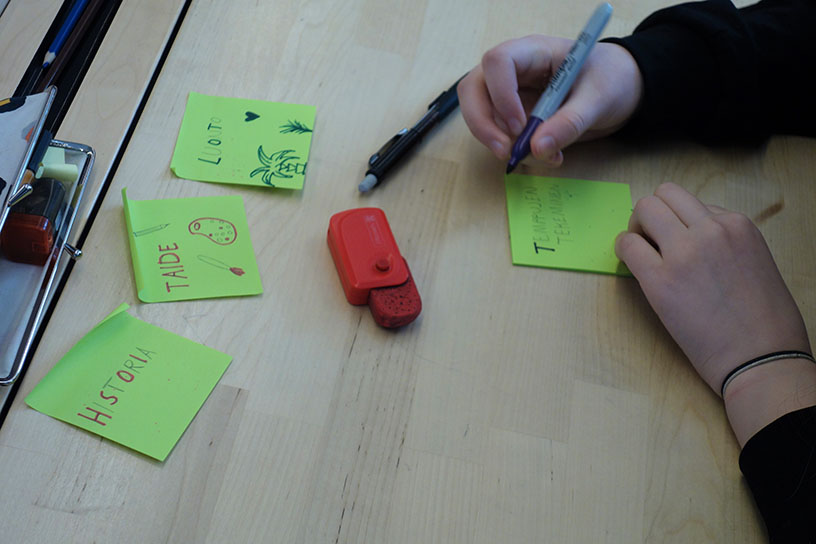
Learners’ interests emerging during the arts-based workshop. Finland, 2020.
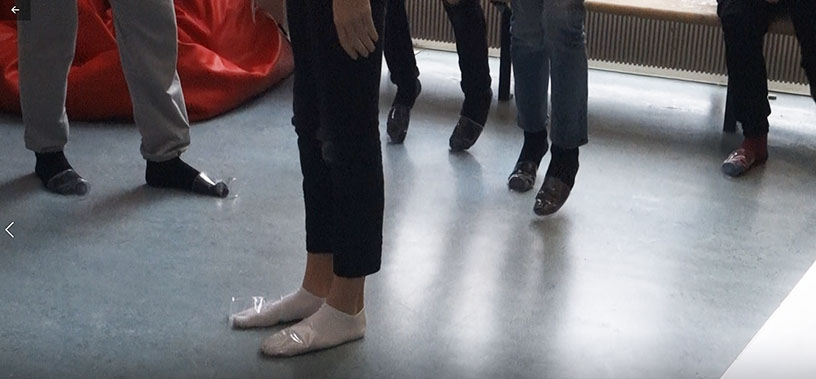
Learners rehearsing their artistic performance during the arts-based workshop. Finland, 2020.
How could art education help bring learners’ interests into discussion?
My degree project explores the concepts of multidisciplinary learning and learners’ engagement. I am investigating art education’s possibilities within phenomenon-based learning from Finland. The framework of the study is shaped on post-structuralist art education and socio-constructivist learning theory. Based on these theories, art education is seen as a platform for emancipation, agency1 and exploration, in which the educator works as a scaffold for the learners.2 Phenomenon-based learning puts the emphasis on a holistic approach to learning in which the learner is actively engaged.3
The study is conducted a/r/tographically 4 and reflects upon a three-day workshop held in a class of 6th graders in a primary school in Espoo, Finland.
Hur kan konstutbildning bidra till att elevernas intressen tas upp för en diskussion?
Mitt examensarbete undersöker begreppen tvärvetenskapligt lärande och elevers engagemang. Jag undersöker konstutbildningens möjligheter inom fenomenbaserat lärande från Finland. Ramen för undersökningen baseras på poststrukturalistisk konstutbildning och socialkonstruktivistisk inlärningsteori. Utifrån dessa teorier kan konstutbildning ses som en plattform för frigörelse, medverkan1 och utforskande, där lärarna fungerar som en estrad för eleverna.2 Fenomenbaserat lärande lägger tyngdvikten på en helhetssyn på lärandet där eleven medverkar aktivt.3
Studien utförs med a/r/tography4 som konstnärlig metod och reflekterar över en tredagars workshop med en klass sjätteklassare på en grundskola i Espoo i Finland.
1Jaques Rancière, The Emancipated Spectator, (London: Verso, 2009); Dale H. Schunk, Learning Theories: An Educational Perspective, (Boston: Allyn & Bacon, 2012).
2Jack Richardson, “What Art Thinks,” in What is Art Education?: After Deleuze and Guattari, ed. Jan Jagodzinski,
Retrieved from https://ebookcentral.proquest.com, (New York: Palgrave, 2016); Elizabeth A. St. Pierre, Deleuzian Concepts for Education: The Subject Undone, (Educational Philosophy and Theory, 2004); Bruno Munari, Fantasia, (Bari: Laterza & Figli, 1977).
3Kirsti Lonka et al., Phenomenal Learning from Finland, (Helsinki: Edita, 2018).
4Stephanie Springgay et al., Being with A/r/tography, (Rotterdam: Sense Publishers, 2008).
Visual Culture & Learning – Visual Arts Education










